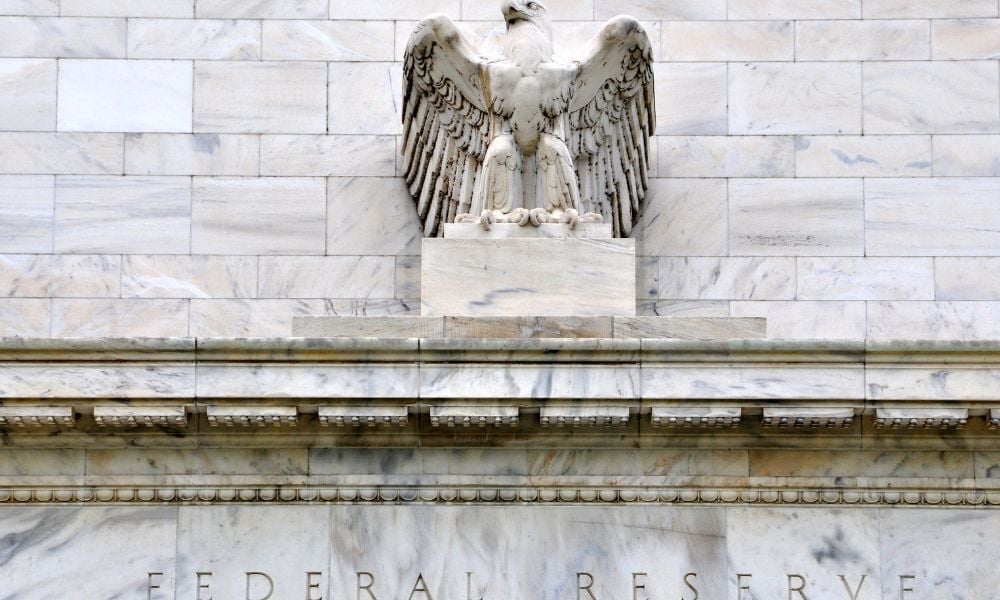HOOPP survey finds 59% of unretired Canadians don’t expect to ever retire due to financial strain

More than half of Canadians who have not yet retired believe they may never be able to, and most expect to keep working into retirement to make ends meet, according to BNN Bloomberg.
That’s the central finding from the seventh annual Canadian Retirement Survey by the Healthcare of Ontario Pension Plan (HOOPP) and Abacus Data, which points to a growing disconnect between rising financial pressure and retirement readiness.
The April 2025 survey found 59 percent of unretired Canadians do not expect to reach a financial position that allows for full retirement.
Two-thirds believe they will still need to work after retirement to support themselves.
Among all respondents, 60 percent said they had no disposable income, and 49 percent had not saved for retirement in the past year. Another 39 percent had never saved for retirement.
HOOPP and Abacus also reported that 55 percent of Canadians now live paycheque to paycheque, up from 48 percent in 2023.
Survey respondents linked their inability to save to day-to-day living costs, housing affordability, inflation, economic uncertainty, and reductions to public healthcare services.
In a recent Benefits and Pensions Monitor’s exclusive feature, “Reality check: Amid rising financial stress and shifting retirement goals,” also found that traditional employer support may not be aligned with employee expectations.
According to the RBC Workplace Realities Poll cited in the feature, 75 percent of employers believe they provide sufficient retirement support, but only 46 percent of employees agree.
RBC Group Advantage stated that workers now consider retirement plans essential to recruitment and retention.
RBC’s poll found that 60 percent of employees rank retirement savings programs among the top reasons they stay with their employer.
Stress from inflation, housing, and debt was cited as a key factor driving this shift.
The 2024 National Payroll Institute survey, referenced in the RBC feature, found 41 percent of workers report financial stress that affects their productivity and focus.
The HOOPP survey showed that homeownership remains a defining line in retirement preparedness.
Among unretired people, 71 percent of homeowners had saved for retirement at some point, compared to only 36 percent of non-homeowners—most of whom have never saved.
Sixty-two percent of respondents described homeownership as a “key part” of their retirement strategy, and half of unretired homeowners plan to fund retirement by eventually selling their property.
Yet for mortgage holders, concern is rising.
Sixty-five percent of unretired Canadians with a mortgage said they are worried about paying it off in time to retire, up from 51 percent in 2024 and 45 percent in 2023.
HOOPP also found that 66 percent have already experienced or expect increases in their mortgage payments in the next year.
Renters reported higher financial strain. Among non-homeowners, 84 percent said they are concerned about the rising cost of rent, and 66 percent identified rent as their top financial priority.
The survey also captured the impact of geopolitical events on financial decisions.
Sixty-seven percent of Canadians said they are “very concerned” about US-Canada relations, and 22 percent reported saving more due to global instability.
Concern about the trade war with the US was highest among Canadians aged 55 to 64.
In a statement released with the survey, Abacus CEO David Coletto said, “When Canadians are feeling even more uncertain about the future as they are now, pensions can offer more certainty about the future.”
He added that both policy makers and employers should closely examine the role of pensions in addressing these risks.



